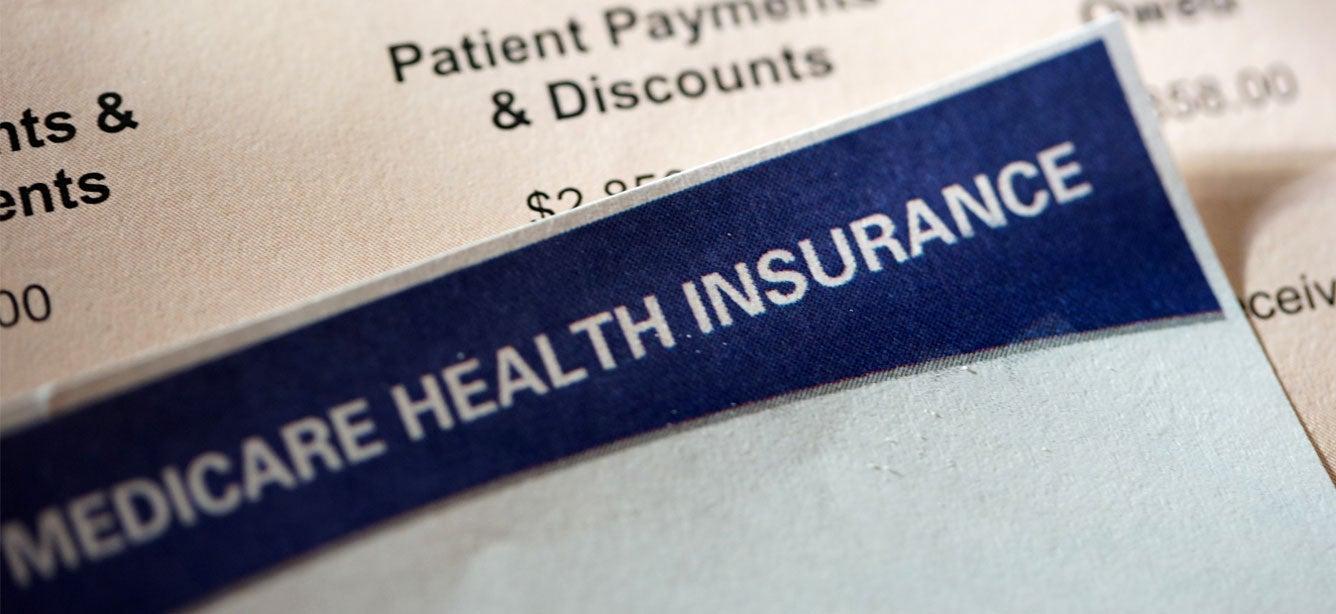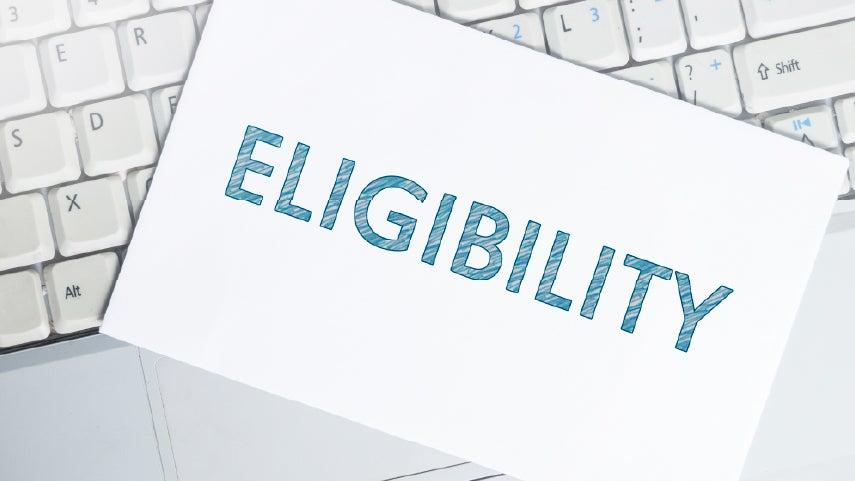
For adults age 65 and older, Medicare provides important health care coverage. But it’s not free; there are out-of-pocket costs to consider. For example, while most people won’t pay a premium for Medicare Part A (Hospital Insurance), Part B (Medical Insurance) does have a monthly premium. There are other out-of-pocket costs as well, including deductibles, copayments, and coinsurance.
If you’re an older adult with chronic health issues, your Medicare costs can really add up during the year. And unless you have a Medigap policy or Medicare Advantage plan, there's no annual limit on what you pay out of pocket.
So what do you do if you’re barely making ends meet? Can you get help paying your Medicare out-of-pocket costs? The answer is yes. If you have limited income and assets, the Medicare Savings Programs (MSPs) can help cover your Medicare costs. Not only will this reduce your financial worries; it will make it easier to get the care you need to stay healthy.
What are Medicare Savings Programs?
Medicare Savings Programs are special benefit programs sponsored by state Medicaid agencies. Also referred to as Medicare Buy-In Programs or Medicare Premium Payment Programs, they are designed to relieve some (or all) out-of-pocket Medicare expenses for people with limited means.
There are four different MSPs. Depending on which one you join, it can help you pay for your Medicare premiums, deductibles, coinsurance, and/or copayments for covered services:
- Qualified Medicare Beneficiary (QMB): Helps pay for Part A premium and Part B premium, deductibles, coinsurance, and copayments
- Specified Low-Income Medicare Beneficiary (SLMB): Helps pay for Part B premium
- Qualifying Individual (QI): Helps pay for Part B premium
- Qualified Disabled Working Individual (QDWI): Helps pay for Part A premium
The program names may differ slightly in some states. Each MSP has unique benefits and eligibility guidelines. You cannot choose which program you want to enroll in. Instead, you will be enrolled in the one most closely matched to your income, assets, and other details provided on your application.
Is a Medicare Savings Program the same as Medicaid?
No. Medicaid is a health insurance benefit for people with limited incomes. It pays for a broad range of medical services and limits out-of-pocket costs for eligible adults, older adults, children, pregnant women, and people with disabilities. MSPs are a specific subset of Medicaid benefits that help pay for the costs of Medicare.
What are the advantages of a Medicare Savings Program?
There are two main advantages of enrolling in an MSP:
- Save money on your Medicare costs. Three of the four MSPs cover the Medicare Part B premium, which in 2026 is $202.90 a month for most people. Enrollment in an MSP could save you more than $2,400 each year. If you’re living on a fixed income, this extra financial help can give you added peace of mind and more room in your budget for essentials like food and utilities.
- Get automatic Extra Help. Enrollment in an MSP automatically qualifies you to receive the Medicare Part D Low Income Subsidy (LIS, or Extra Help). This benefit helps pay for prescription drugs and is estimated by the Social Security Administration to have an annual value of $5,700. Plus, if you’re not already enrolled in Medicare Part D, you will have no late enrollment penalty if you receive Extra Help.
Who qualifies for Medicare Savings Programs?
You must have at least Medicare Part A and meet your state’s income and asset limits to qualify for an MSP. What are assets? They include resources like real estate, mutual funds, stocks and bonds, retirement accounts, and savings and checking accounts.
Income and asset limits vary across states. Before they approve you for an MSP, many states require you to apply for any benefits you might qualify for (such as Social Security retirement benefits).
What are the 2026 income limits for Medicare Savings Programs?
Most U.S. states use the general guidelines below, but some states may set higher income limits or waive the asset guidelines altogether. These limits are based on the Federal Poverty Guidelines and change each year. New limits are released in January or February, with an effective date of Jan. 1.
Qualified Medicare Beneficiary (QMB)
|
|
Monthly income limit |
Asset limit |
|
Individual |
$1,350 |
$9,950 |
|
Married couple |
$1,824 |
$14,910 |
Specified Low-income Medicare Beneficiary (SLMB)
|
|
Monthly income limit |
Asset limit |
|
Individual |
$1,616 |
$9,950 |
|
Married couple |
$2,184 |
$14,910 |
Qualifying Individual (QI)
|
|
Monthly income limit |
Asset limit |
|
Individual |
$1,816 |
$9,950 |
|
Married couple |
$2,455 |
$14,910 |
Qualified Disabled Working Individual (QDWI) Program
|
|
Monthly income limit |
Asset limit |
|
Individual |
$5,405 |
$4,000 |
|
Married couple |
$7,299 |
$6,000 |
*The amounts listed above include a standard $20 income disregard.
All of the MSPs in all states include a $20 general income disregard, which means the first $20 of your monthly income is not counted toward the income limit. If you receive food assistance (food stamps) through the Supplemental Nutrition Assistance Program (SNAP), those funds are also not counted.
While your state may or may not count certain assets to determine your eligibility for an MSP, some assets are excluded across all states. These include your primary home, one car, burial plots, and life insurance with a cash value of less than $1,500.
States may apply different standards and methods in determining eligibility for MSPs. Be sure to refer to the specific eligibility guidelines for your state.
How do I apply for Medicare Savings Programs?
You must apply for MSPs through your state’s Medicaid office. To find out if you qualify for one of the four programs, you can:
- Contact your state’s Medicaid agency directly. You can find the contact information for your state on the Medicaid website.
- Reach out to your local State Health Insurance Assistance Program (SHIP). SHIPs provide free, unbiased guidance to Medicare beneficiaries and their families. They can help you apply for the MSPs and Part D Low Income Subsidy/Extra Help. Find your SHIP by visiting the program website or by calling 1-877-839-2675.
- Visit BenefitsCheckUp®. This is our free online tool where you can learn more about money-saving benefits programs that can help you stay healthy, including Medicaid and the Medicare Savings Programs. Find out how you can get help paying for groceries, utility bills, property taxes, and more—so you can age better and worry less.



